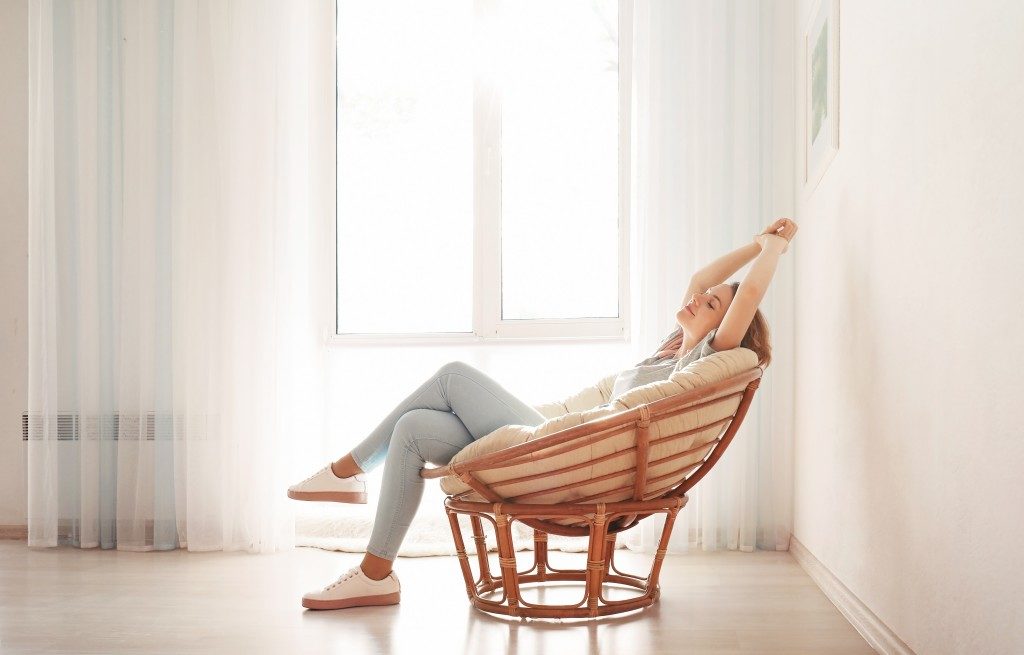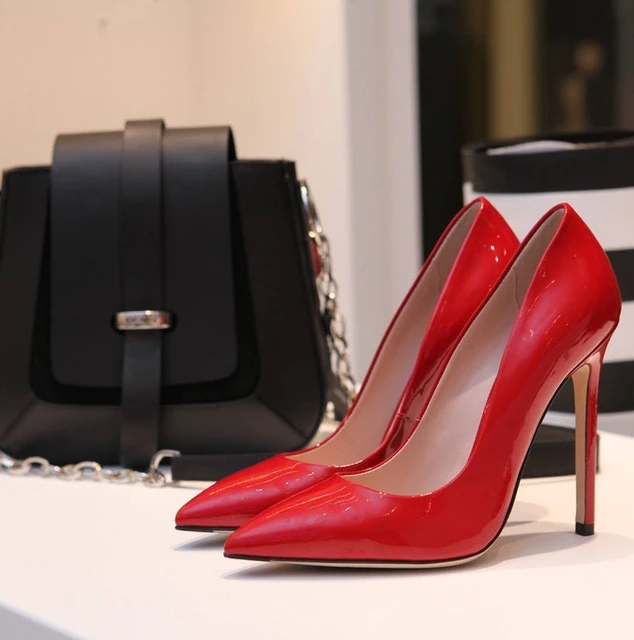Arguably, nothing attracts clutter faster than the kitchen and its countertop. For one, you can’t help but wonder at how easily non-essentials find its way to that area of the kitchen. Quite frankly, it’s like a Bermuda Triangle of sorts, siphoning things like magic. On the other hand, the center table in the living room also is a magnet for tons of things, from beer mugs to designer hats. But it pales in comparison to the kitchen countertop. We’re pretty confident that if there was a contest on the most cluttered space on your abode, the kitchen and its countertop would come right on top.
That’s if Marie Kondo can’t help it. The Japanese tidying-up guru made headlines in 2014, right after her book “The Life-Changing Magic of Tidying Up” bested everyone in the New York Times Best Seller list. Now, applying Kondo’s methods to ease the kitchen countertop of its burden should be timely. It’s just the solution we need.
Give It Time
Indeed, it’s highly likely your kitchen is filled to the brim. And we understand why.
The kitchen is the production area of the house. Imagine how much you’d lose without one. And as such the room has become the destination place for food items and an army of ingredients brought from outside. To add to the mix, it’s where the action is as you do all the cooking there. ;
Things can easily add up. The problem is we want to make the most of the kitchen but hardly give ample time to better it. This is where Marie Kondo’s principle should come in handy.
The Japanese de-cluttering guru emphasizes that we should put commitment into the act of cleaning things up. What does that even mean? Simply put, we should take the time to organize our stuff in the kitchen, and not take things for granted.
Finding time to de-clutter may sound a bit too much for you. But think about it. The more dis-organized your kitchen is, the less productive it becomes. And Marie Kondo should know. She has been on top of things since her childhood days.
You might even say she’s an angel from above. Before she built a de-cluttering empire and become world-famous, Kondo admitted she had a vision. In junior school, she heard a god-like voice telling her to look at “her things” more closely after fainting for two hours. From that moment forward, she discovered her gift and shared it with the world.

Think of What Sparks Joy
Quite naturally, when people say declutter they mean to throw things out. While throwing things per se is not anathema to Kondo, she recommends a better process. Observing such a process would produce better results.
Instead, Kondo wants you to reverse the process. Ask first which items you want to keep. To do that, seek every item in the kitchen. For each item, put it close to your heart and ask yourself if that item makes you happy or not. If not, it shouldn’t have a place in that room.
And you should apply this to every corner of your kitchen, your wall cabinets including. Wall cabinets can not only add beauty to your kitchen, but these can also stretch your storage. Best of all a wall cabinet is out of the way giving you ample space to maneuver and cook. Still, you must look into the things you’d store in your wall cabinet. And as Kondo recommends, every item should “spark joy”, something that makes you happy.
Memories Complicate Things
The world-famous petite Japanese tidying up guru is no stranger to controversy. One of the things is concerning the sentimental values of things. You might not like the way she refers to things. It’s as if she’s referring to people.
So if something in your kitchen has sentimental value, you should get rid of it if it doesn’t “spark joy”. If it is a gift from a dead relative or a dead parent, you should part with it with respect. Kondo says you should thank it for the services it has done, just like you would a person.
Being able to thank that plate or spoon or what-not should reduce any guilt associated with parting with that item.
You’ll find the act strange. But Kondo elaborated you’d be in for a pleasant surprise when you thank things. It’s effective. It’s actually about focusing on the important things that make you happy in your life. Keeping items that don’t make you happy only means you’re going to spend less time on the things you love.
Who can argue with a New York Times bestselling author? On top of that, this woman who used to be an assistant in a Shinto temple is a much sought-after organizing consultant. KonMari, her business, has certified 400 consultants in no less than 43 countries. Best of all, her methods may be strange but it certainly has a profound effect on society, your kitchen including.







